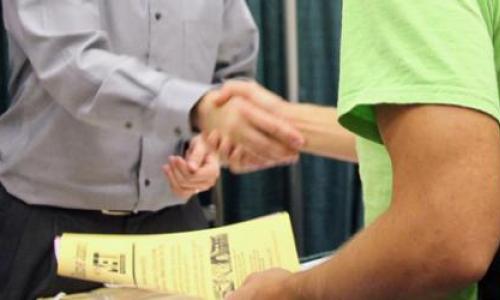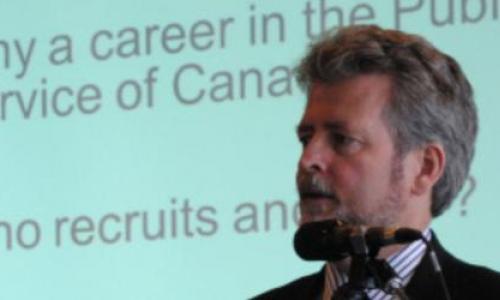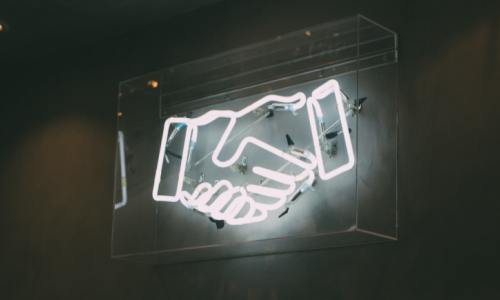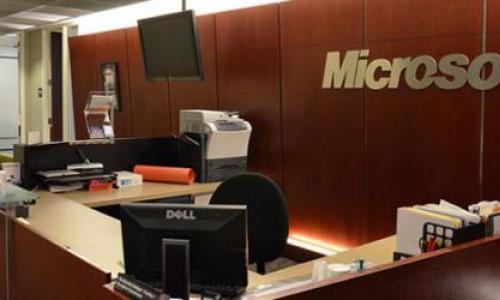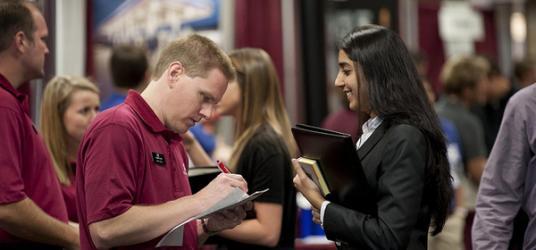
From my previous experience, one of the most unfavorable parts of the job application process is waiting to hear back about the results of an interview. Below are some tips and tricks to feel more in control during the interview process and understanding what you should do following a job interview.
1. Ask Key Questions During the Interview
When an interviewer asks if you have any further questions, it is important to take this time to ask questions about the timeline of the interview process. This way you are able to feel more in control and you are able to use this timeline to strategically follow-up with the company.
2. The Follow-up Email
A great way to keep on the hiring manager’s mind is to send a follow-up email to an employer thanking them for the interview. Advice from a CNN article is to: follow-up no later than 24 hours after the interview, stating a brief “Thank You” by email and then following up by sending a hand written note 3-4 business days after the interview. The addition of the hand written note is a nice touch, and shows that you genuinely care about the position because you are taking extra time to show how much the job means to you.
3. Be Punctual With Your References
When a company asks you to email them your references, make sure to follow-up in a timely manner. By following up within the deadlines that they have provided, this shows that you are professional and you are someone that can be reliable when there are tough deadlines.
4. Continue to Learn About the Company
The jobs that you are applying for may have multiple rounds of interviews. Therefore, continually researching and keeping up with the company and the industry that the company is in, is essential to showing that you continue to care beyond the interview, and are committed to the position and in the company long term. In regards to researching and ‘keeping up with the company, using social media sites like Facebook, Instagram, Twitter and LinkedIn are excellent resources to keep up to date with the company. In particular, being active on conversations on Twitter involving the company is a great way to stand out against other applicants.
5. Follow-up When You’ve Heard No News
Just referencing my previous point on asking key questions during an interview, it’s important to know the timeline of the hiring process to ensure when to follow-up respectively. For example, if the hiring manager said that you would hear back within a week and it’s been three, then it is definitely fine to follow-up with them in regards to the progress of the position. Advice from recruiter expert Allyson Willoughby is reiterating the timeline of the recruitment process in the past and saying something like this by phone or in an email:
“I know you mentioned you were hoping to make a final hiring decision by the end of the month, and I wanted to follow up and see where you are in that process."
Closing Thoughts
While waiting for a response after an interview may be stressful and tedious, by taking initiative during the actual interview and after the fact can show that you are a desirable candidate. Best of luck to all the university grads graduating this term and to current students who are looking for summer work!
*Lead image: creative-commons licensed photo by Mays Business School. Image cropped by author









